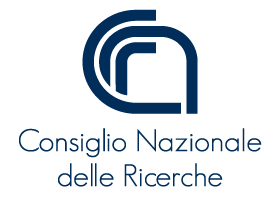Con il presente lavoro viene esaminata l’evoluzione della cittadinanza europea in connessione con il processo di integrazione europea che ricalca, sebbene in modo peculiare, un processo di “federalizzazione”.
Dopo aver analizzato il significato, le caratteristiche e le implicazioni del concetto di cittadinanza nel contesto europeo (in particolare, della cittadinanza europea e del suo rapporto con le cittadinanze nazionali), così come i cambiamenti che influenzano il suo ruolo e significato (come l’incremento della mobilità delle persone e l’accentuazione dei flussi migratori), verranno esaminati il dibattito, i possibili rimedi e le soluzioni proposte dagli studiosi e dalle Istituzioni. In proposito, specifica attenzione verrà prestata alla giurisprudenza della Corte di Giustizia, considerata il vero motore del processo di integrazione europeo.
Attraverso una comparazione con alcuni aspetti storici dell’esperienza federale americana, lo studio vuole fornire elementi utili alla comprensione del modello che meglio si presta a rispondere al bisogno di preservare l’equilibro tra unità e diversità nel sistema europeo, considerato elemento caratteristico del processo di integrazione europea.
This paper explores the evolution of EU citizenship in the European integration process, which is a peculiar federalising process.
In federal systems, the status of citizenship and the relationship between federal and national citizenships symptomatically express the tension of unity and diversity and the differences between unity/disunity and diversity/uniformity. After pointing out the meaning, the characteristics and the implications of the concept of citizenship in the European context (that is to say, the EU citizenship and its relationship with national citizenships), as well as the challenges which influence its role (such as the increase in the mobility of people and the rise of migrations), I will focus on the debate, the possible remedies, and the solution proposed by scholars and Institutions. Particular attention will be paid to the case law of the European Court of Justice (ECJ), considered to be the engine of the EU integration process. By drawing on some elements of comparison with the US historical experience, the analysis shows which model may function better in conjunction with the need to preserve the balance between unity and diversity in the EU system, considering that “United in diversity” is the motto of the EU and one of its fundamental values.


